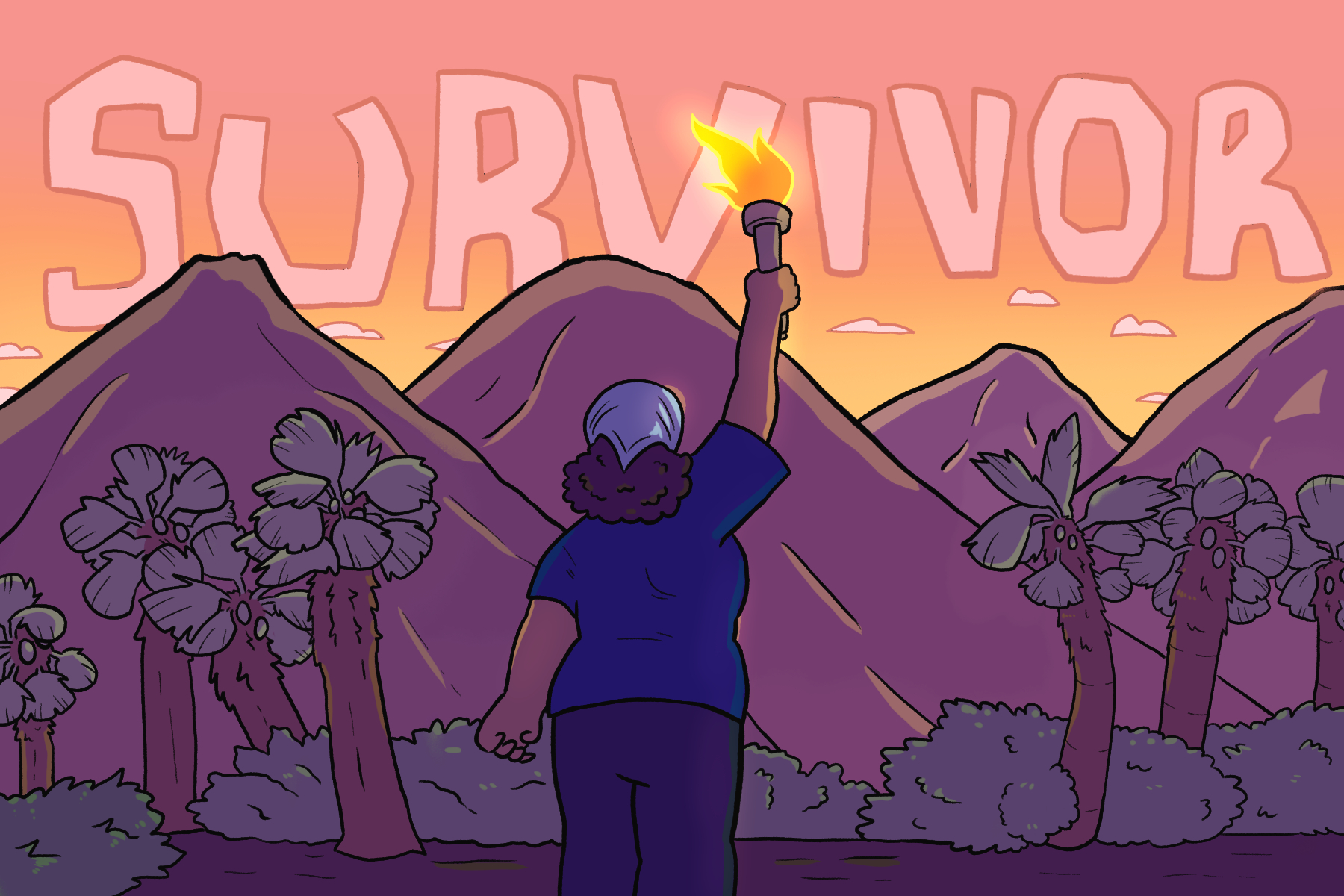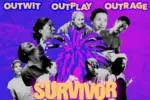This summer, the New York Times opinion columnists were asked to write about various pieces of culture that they felt “captures the true spirit of our country.” The responses ranged from books to movies to songs, but Lydia Polgreen’s argument that “Survivor” best represents the American spirit was particularly eye-catching. One might doubt how Polgreen could prove that a reality show as juvenile as “Survivor” could help people understand the nation. But after reading her piece, readers may realize why the show has enjoyed such a prosperous run on CBS and what audiences can stand to learn from it. Host Jeff Probst usually begins each season by somewhat arrogantly referring to the game as one of the greatest social experiments of all time, which actually holds some truth. Polgreen, like Probst, also has high praise for the concept, calling it a “uniquely American experiment.”
For those unfamiliar with the format of “Survivor,” a group of strangers are plopped onto an island, divided into tribes, and left to survive while competing in challenges. After every challenge, the losing tribe must vote out one person, and the ultimate goal is to outwit, outplay and outlast the other castaways by earning their votes for the one million-dollar prize. The showrunners have delighted fans by adding various intricacies and twists over the years. Still, the basic formula requires players to smooth-talk and blindside their way to winning one million dollars from a group of people whom they have robbed of one million dollars.
While certainly a unique concept at the time of its inception, the rules of the game don’t suggest anything particularly American. The magic happens when a group of castaways from a variety of backgrounds arrive on the island and are forced to work as a team. Sometimes, the cohesion is seamless, and “Survivor” becomes a display of an optimistic, changing-for-the-better country as strangers bond over shared experiences regardless of race, gender expression, sexual orientation, age or religion. But other times, the shameful parts of America rear their ugly heads through sniping microaggressions or overt prejudice and biases. Either way, it is a raw depiction of everyday people trying to get along. Reality shows often contradict themselves by selectively portraying their participants or being so outrageous that audiences assume it must be scripted. But for the most part, “Survivor” stays true to the realism of its contestants and their innately human ability to err. And they make a lot of errors.
One very problematic incident occurred in the show’s 34th season in 2017. A transgender contestant, Zeke, was outed by a tribemate who weaponized his transition against him. According to this person, Zeke’s withholding of the fact that he is a transgender man proved him to be a lying, sneaky Survivor player. In actuality, Zeke simply didn’t want his gender identity to become the defining aspect of his game and wanted to cement himself as a strategic player without any surrounding narratives. However, the appalling tribal council where Zeke’s secret was revealed as part of the gameplay crossed so many boundaries that contestants and fans alike were disgusted. Many of Zeke’s tribemates came to his defense, and the contestant who outed him was promptly voted off the island. The moment reflected the American public grappling with their feelings toward transgender individuals, however old-fashioned or utterly frustrating those feelings were.
Another example of a castaway’s social ineptitude prompting a broader discussion came in the show’s 39th season in 2019. From the earliest moments of this season, a contestant named Dan Spilo was shown inappropriately touching the younger female contestants on multiple occasions. One young woman whom Spilo seemed to harass the most broke down in tears during a confessional shortly before getting voted out because of her willingness to speak up about his behavior. The repeated sexual harassment finally culminated in Spilo being removed from the island in the final days of the competition, but the damage had already been done and many wondered why it took so long for producers to intervene. It seemed as if Spilo’s misconduct was being treated as a plotline that would keep audiences tuning in each week rather than a pattern of inflicting trauma on innocent people. In a time when the #MeToo Movement was blowing up, “Survivor”’s response seemed especially tone-deaf.
Probst uses the word “experiment” to describe the competition he oversees, and just like all experiments, “Survivor” has opportunities to fail. BIPOC castaways have historically been stereotypically portrayed in negative ways and the winners of “Survivor” are disproportionately white. The show has tried out some questionable concepts that have pushed the boundaries of what is typically socially acceptable, like when they divided the tribes by race in 2006.
While these examples are highly upsetting, they are also designed to be presented to the audience in their purest forms. The good, the bad and the ugly are played out in front of the viewer’s eyes, potentially waking them up to the injustices that occur on a day-to-day basis. Any time a group of strangers with vastly different identities are forced to coexist in a competitive environment, social issues will arise, whether explicitly or veiled. “Survivor” displays that for the world to see, making it a fairly accurate representation of life in America.
Just like most people who make mistakes, Probst and the entire “Survivor” team have tried to backpedal and acknowledge any potential missteps. During a season 40 episode, the host admitted to contestants that he has consistently exhibited gender bias throughout the show’s 20-year lifespan, conceding “I don’t think I saw it when ‘Survivor’ started, and I don’t think I even knew I was supposed to look for it. But I’m very much aware of it now.” In the show’s 41st season, Probst amended his iconic “Come on in, guys” exclamation by dropping the “guys” in an attempt to be more considerate of different gender expressions and pronouns.
Everyone has different ideals and beliefs that come to mind when they think about the United States, thereby producing different pieces of culture that reflect those values. It may just be a reality show, but audiences can learn a great deal about the state of the world around them simply by tuning into “Survivor” because of the way it unabashedly charts the shifting dynamic between everyday Americans.
















